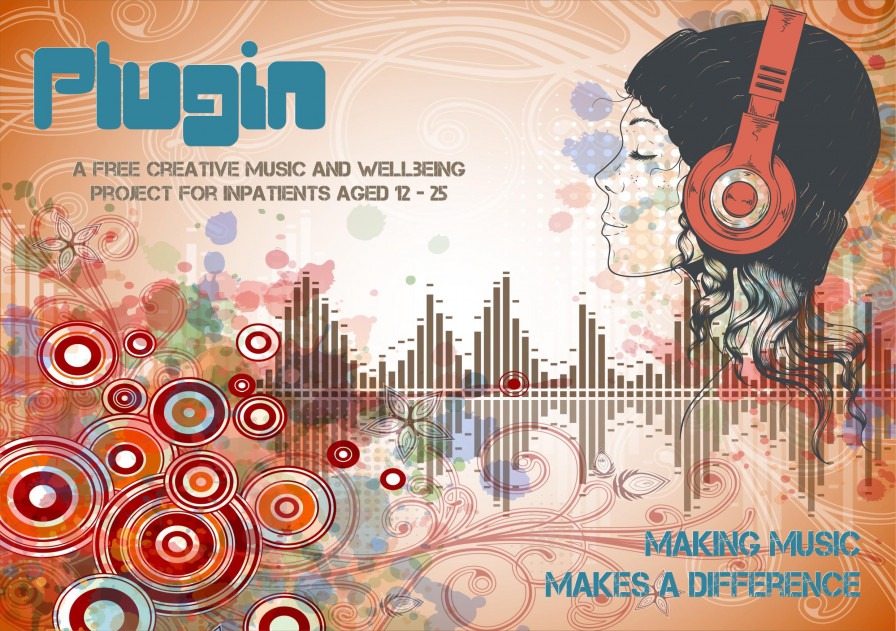Autism Awareness Training – what I have learnt and how it has informed the way I work on Quench Arts projects by James Stanley (Lead Artist on the Plugin project)

In an industry focused solely on caring for the needs of others it is vital to ensure that we are trained and qualified in the best possible way to understand alternative thought patterns in order to create the best learning experience possible. As humans, we are inclined to believe that those around us think and process information in the same way that we do. As a person entrusted with the role of helping others to progress mentally and emotionally, this pattern of thinking will lead to an entirely unsuccessful outcome. With this in mind, we need to do all we can to become adaptable and empathetic thinkers and do all we can to deepen our understanding of a-typical thinking.
In recent years, Autism has been diagnosed in around 1 in 60 children, meaning that 1 in 60 children require a completely different approach to those with neuro-typical thinking. This is why it is essential as Music Leaders that we spearhead the effort to understand and approach Autism. With such a high proportion of people diagnosed with Autism, it would be assumed that all educators are trained to work effectively with those diagnosed - however it is recognised that not nearly enough training takes place regardless of how important such training may be.
As part of Quench Arts’ Plugin music programme, I was asked to attend a 2 day Core Autism Awareness Course run by Birmingham Children’s Hospital. It was a really beneficial opportunity to speak at length over two days about different people’s experiences of working to help young people with ASD in both the medical field but also in more creative ways. One thing that I took away was how changing things in a very small way can make such a big difference to that young person. For example, the way we set up the room, making sure there’s nothing overly distracting; the way that we give out instructions and offer praise; the specific choice of language to ensure our meaning is clear and our use of a clear, structured plan. Much of this seems like common knowledge to anyone with even a small amount of understanding on ASD but it’s good to be reminded that it needs to be implemented into our practice with care and thought.
Diversity is something that spans across the field of education, and learning about how we can be more progressive when it comes to any form of diversity will only improve our abilities as educators to reach those who have any kind of challenges. It is our responsibility to learn so that we can make a connection with each and every individual we cross paths with, regardless of whether they have difficulty in processing information in a way that we understand to be ‘normal’. That responsibility lies with us as educators to adapt our thinking, not with those with Autistic Spectrum Disorder to try and find a way to adapt theirs.
